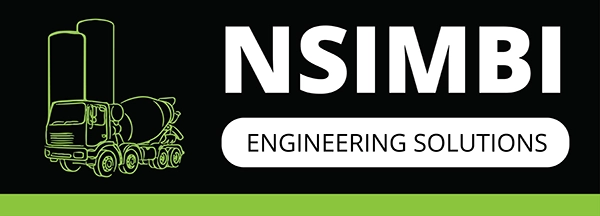Cement batch plants are essential components in the construction industry, streamlining the process of producing concrete for various infrastructure projects. These specialized facilities play a crucial role in ensuring the timely delivery of high-quality concrete mixes tailored to project specifications. In this article, we explore the functionalities, benefits, and applications of concrete batch plants, highlighting their significance in optimizing construction efficiency and quality control.
Concrete batch plants, also referred to as batching plants or concrete mixing plants, are sophisticated facilities designed to automate the production of concrete in predetermined batches. Equipped with a range of components including aggregate bins, cement silos, mixers, and control systems, these plants enable precise measurement and mixing of raw materials to achieve consistent concrete mixes. The versatility of concrete batch plants allows for customization to meet the specific requirements of construction projects, whether small-scale residential developments or large-scale infrastructure undertakings.
One of the primary advantages of concrete batch plants lies in their ability to enhance construction efficiency. By automating the batching process, these plants minimize manual labor, reduce material wastage, and ensure accurate proportions of aggregates, cement, water, and admixtures in each batch. This level of precision not only improves the quality and durability of the concrete but also expedites construction timelines by providing a continuous supply of freshly mixed concrete on-site. Construction projects, ranging from building foundations and bridges to highways and skyscrapers, benefit significantly from the efficiency and reliability offered by cement batch plants.
The versatility of concrete batch plants extends to their adaptability to various types of concrete mixes and construction methods. Whether producing conventional concrete, high-performance concrete, self-compacting concrete, or specialty mixes with additives such as fibers or colorants, batch plants can accommodate diverse requirements with ease. Furthermore, concrete batch plants can be configured for stationary or mobile operation, allowing for flexibility in deployment based on project location and scale. Mobile concrete batch plants, mounted on trailers or trucks, are particularly advantageous for remote or temporary construction sites, offering on-demand concrete production without the need for extensive infrastructure.
In addition to enhancing construction efficiency, concrete batch plants play a crucial role in quality control and consistency of concrete mixes. Through advanced batching and mixing technologies, these plants ensure uniform distribution of ingredients and thorough mixing, resulting in concrete with superior strength, durability, and workability. Moreover, modern concrete batch plants are equipped with sophisticated control systems that monitor and adjust parameters such as moisture content, temperature, and mixing time in real-time, optimizing the performance of the concrete mix in various environmental conditions.
The environmental sustainability of concrete production is also a significant consideration in the design and operation of batch plants. Many concrete batch plants employ eco-friendly practices such as recycling aggregates and wastewater, utilizing alternative cementitious materials, and incorporating energy-efficient technologies to minimize carbon footprint and resource consumption. By embracing sustainable practices, concrete batch plants contribute to the construction industry’s efforts to reduce environmental impact and promote sustainable development.
In conclusion, concrete batch plants are indispensable assets in the construction industry, facilitating efficient and reliable production of concrete for diverse infrastructure projects. Their ability to automate batching processes, ensure quality control, and accommodate various mix designs makes them essential components of construction workflows. As the demand for infrastructure continues to grow, concrete batch plants will remain essential tools for enhancing construction efficiency, quality, and sustainability.

